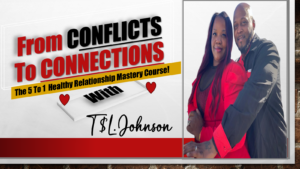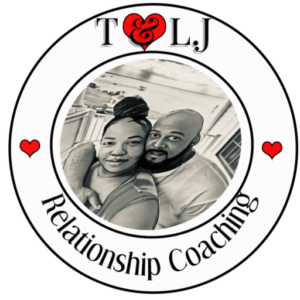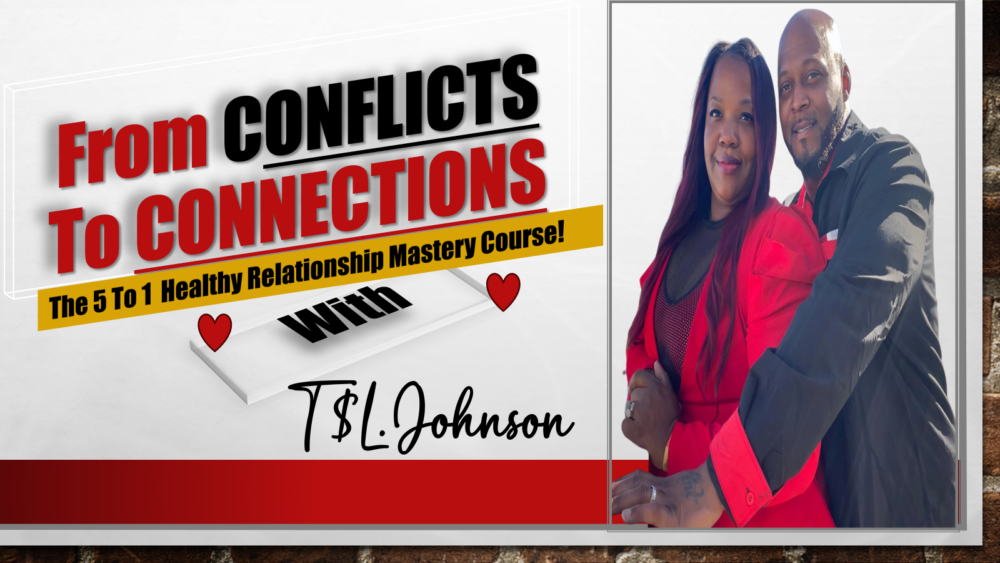Understanding the Impact of Words
Words Shape Our Reality
From my personal experience, I’ve learned that the words we choose to say have a profound effect on how we and others perceive reality. Think about it; a simple compliment can brighten someone’s day, while a careless comment can leave a lasting sting. Our words can inspire, uplift, and motivate, effectively coloring our world and the world of those around us.
Every time we speak, we’re casting ripples in a pond of emotions and reactions. By choosing thoughtfully, we wield our words like a brush, painting the canvas of our interactions. The more aware I am of my language, the more mindful I become of the impact it has. This awareness has helped me build stronger relationships both personally and professionally.
It’s a bit like being a gardener; our words can either nurture growth or contribute to weeds. Recognizing this power is the first step in utilizing it to foster a more compassionate and effective communication environment.
The Subtlety of Meaning
The meaning behind our words isn’t always straightforward; it’s influenced by tone, context, and even body language. I’ve found that how I say something can often matter just as much — if not more — than what I actually say. For instance, a neutral statement can come off as hostile if said with the wrong tone.
Moreover, the context in which we communicate plays a huge role. In serious discussions, for example, a light-hearted joke might fall flat or even offend. I’ve had to learn the hard way to adapt my communication style to fit the situation. It’s in these nuanced moments that I realize how crucial soft skills like empathy and emotional intelligence are.
Recognizing and adapting to these subtle meanings allows for richer communication, reducing misunderstandings and fostering clear connections. Honestly, it’s a skill worth honing, as it leads to more genuine interactions.
Words as Tools of Persuasion
Throughout my career, I’ve noticed that persuasive language can unlock doors to opportunities. This isn’t just about sales pitches or marketing; it’s about leading conversations. The way I frame my thoughts can sway opinions, evoke emotions, and initiate action.
When I want to inspire change, I carefully select words that reflect not just what I want to convey but resonate with the values and emotions of my audience. I’ve learned that effective persuasion isn’t about manipulation; it’s about shaping a narrative that others can believe in.
Every conversation is an opportunity to persuade someone, whether I’m discussing a new project with a colleague or inspiring a friend to pursue their dreams. Mastering this art has significantly expanded my influence in both personal and professional realms.
Choosing Words Wisely
The Importance of Clarity
Clarity is key in communication, and I’ve made it my mission to always strive for clear articulation. Ambiguous language can lead to confusion, which is why I prioritize laying out my thoughts in a straightforward manner. This is especially vital in emails and formal documents where tone and intent can be easily misinterpreted.
I often find that breaking down complex ideas into simpler, digestible pieces fosters better understanding. By encapsulating my thoughts clearly, I invite constructive dialogue rather than confusion and conflict.
The more concise I can be while expressing my intent, the more effective my communication becomes. It’s truly a balance of being thorough yet succinct, but practice and diligence make this achievable.
Avoiding Harmful Language
In our quest to speak gracefully, it’s also vital to recognize harmful language patterns that can alienate or offend. I’ve found that taking a step back to assess the impact of my words enables me to avoid pitfalls like sarcasm or negativity. These can often create barriers rather than bridges.
For instance, during discussions, I focus on using ‘I’ statements instead of ‘you’ accusations to express my feelings without sounding confrontational. This subtle shift makes a world of difference in how conversations unfold and ensures that I maintain a respectful tone.
Acknowledging language that can harm helps create a more inclusive atmosphere. It empowers me to nurture goodwill and cooperation rather than dissent and defensiveness.
Practicing Active Listening
One of the most effective ways to enhance my communication is through active listening. I’ve realized that really paying attention to what others are saying not only improves my understanding but also makes them feel valued. A simple nod or a verbal acknowledgment encourages open conversation and honesty.
When I stay engaged and responsive, it shows that I care about the speaker’s words, fostering a sense of mutual respect. It’s a two-way street; by listening actively, I can tailor my responses to better resonate with the speaker’s point of view.

Active listening has profoundly increased the quality of my interactions. People feel heard, and that’s a powerful part of thoughtful communication.
Creating a Positive Communication Environment
Fostering Encouragement
Encouragement can be a game-changer in any conversation. I often find that when I uplift those around me, it not only boosts their confidence but also enriches our interactions. Simple words of affirmation can go a long way, and sharing positive insights makes a significant difference.
In my experience, fostering an encouraging communication environment allows room for vulnerability and honesty. When people feel supported, they’re more likely to share openly, creating a collaborative atmosphere where creativity and ideas can flourish.
Letting others know that their contributions matter is vital. I’ve taken to celebrating small victories, which helps strengthen the bonds formed through our communications.
Being Respectful and Mindful
Respect is at the heart of graceful communication. I strive to approach conversations with an open mind and a respectful attitude. Remembering that everyone has their own unique perspectives and experiences helps me approach discussions thoughtfully.
This kind of mindfulness has helped me avoid unnecessary conflicts and foster a culture of mutual understanding. Whether engaging with colleagues or friends, showing respect for their opinions goes a long way in maintaining healthy relationships.
By being mindful of our interactions, we work towards a common ground where everyone feels empowered to express themselves freely and authentically.
Encouraging Open Dialogue
Creating an open dialogue is essential for effective communication. I always aim to invite feedback and encourage conversations that may lead to introspection. When people feel safe to express their thoughts without judgment, it fosters deeper understanding and collaboration.
From my experience, these open lines enhance our ability to connect across differences and resolve conflicts. Embracing diverse viewpoints enriches our understanding and leads to well-rounded solutions.
With open dialogue, every conversation becomes an opportunity for learning and growth, both for myself and others.
Conclusion: The Ongoing Journey of Graceful Speaking
In conclusion, the journey of speaking with grace is an ongoing process filled with learning and growth. We all have the power to change the narrative through our words, and by choosing them thoughtfully, we can create more meaningful relationships. Remember, this isn’t just about what we say; it’s how we say it, how we listen, and how we create space for others.
FAQs
1. Why is speaking with grace important?
Speaking with grace helps to enhance communication quality and foster positive relationships. Thoughtful words can inspire, uplift, and motivate, creating a more pleasant atmosphere in both personal and professional settings.
2. How can I improve my communication skills?
Improving your communication skills involves practicing active listening, choosing words carefully, and being mindful of body language. Clarity, encouragement, and respectful dialogue are also key factors in enhancing your skills.
3. What role does empathy play in communication?
Empathy is crucial in communication because it allows you to connect with others on a deeper level. Understanding their perspectives helps to foster meaningful conversations and build trust.
4. Can the choice of words affect professional relationships?
Absolutely! The choice of words can significantly impact professional relationships. Thoughtful communication builds respect and collaboration, while careless remarks can lead to misunderstandings and conflicts.
5. How can I encourage open dialogue?
Encouraging open dialogue involves creating a safe space for discussing thoughts and concerns without fear of judgment. Being open to feedback and showing that you value others’ opinions helps to foster honest communication.

Schedule Your First 20-Minute Coaching
Call With Us Today to see if we fit . You pick the price!
Click Here






